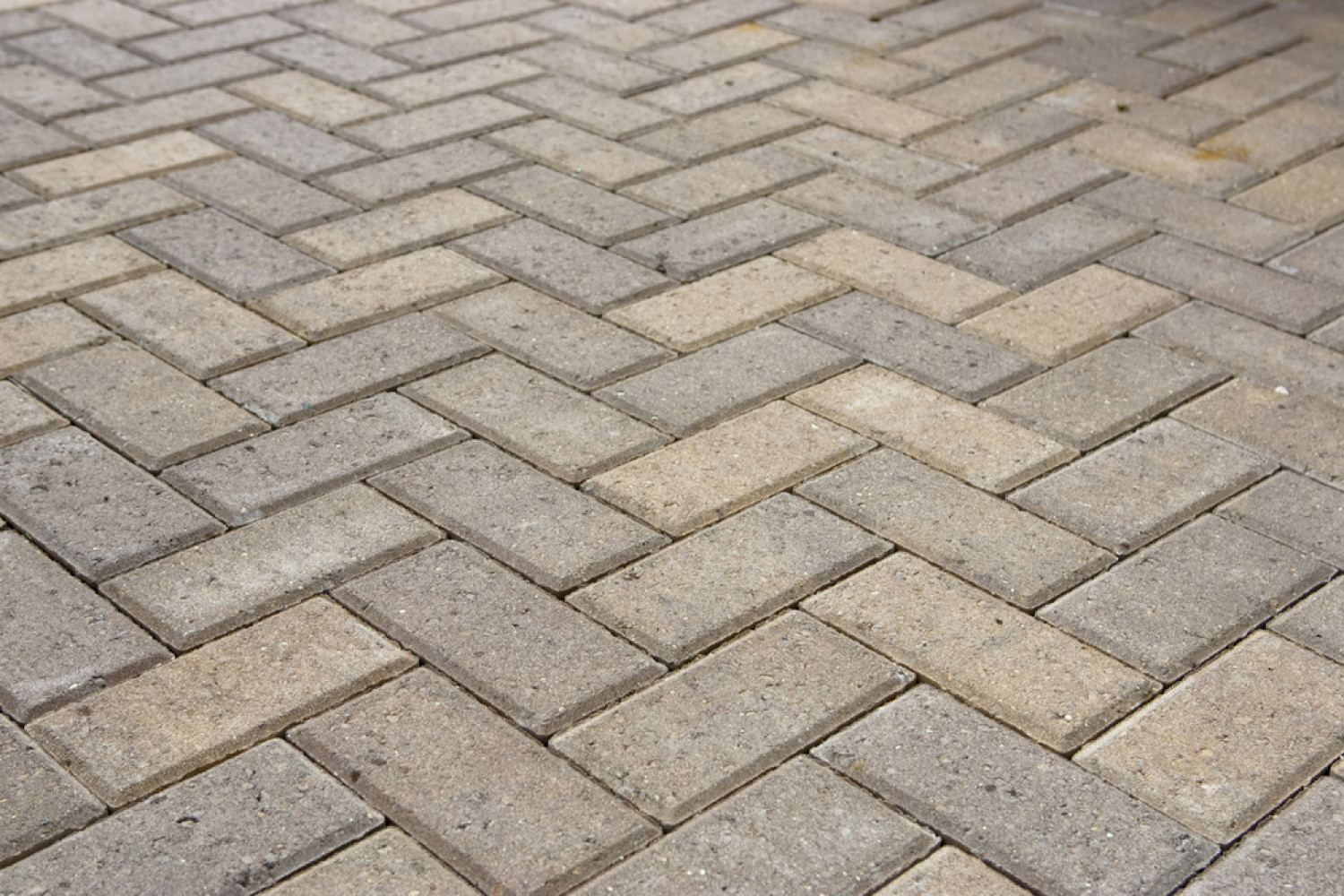Concrete Pavers from Simpli Pavers
Whether you are looking for rustic old world charm or modern contemporary, interlocking concrete pavers exude style and elegance more than any other paving material. The variety of colors, sizes, shapes, textures and design options will allow you to choose a style to accentuate your home and outdoor spaces. Concrete pavers provide many benefits over concrete, asphalt or stamped concrete.
Contact Us

